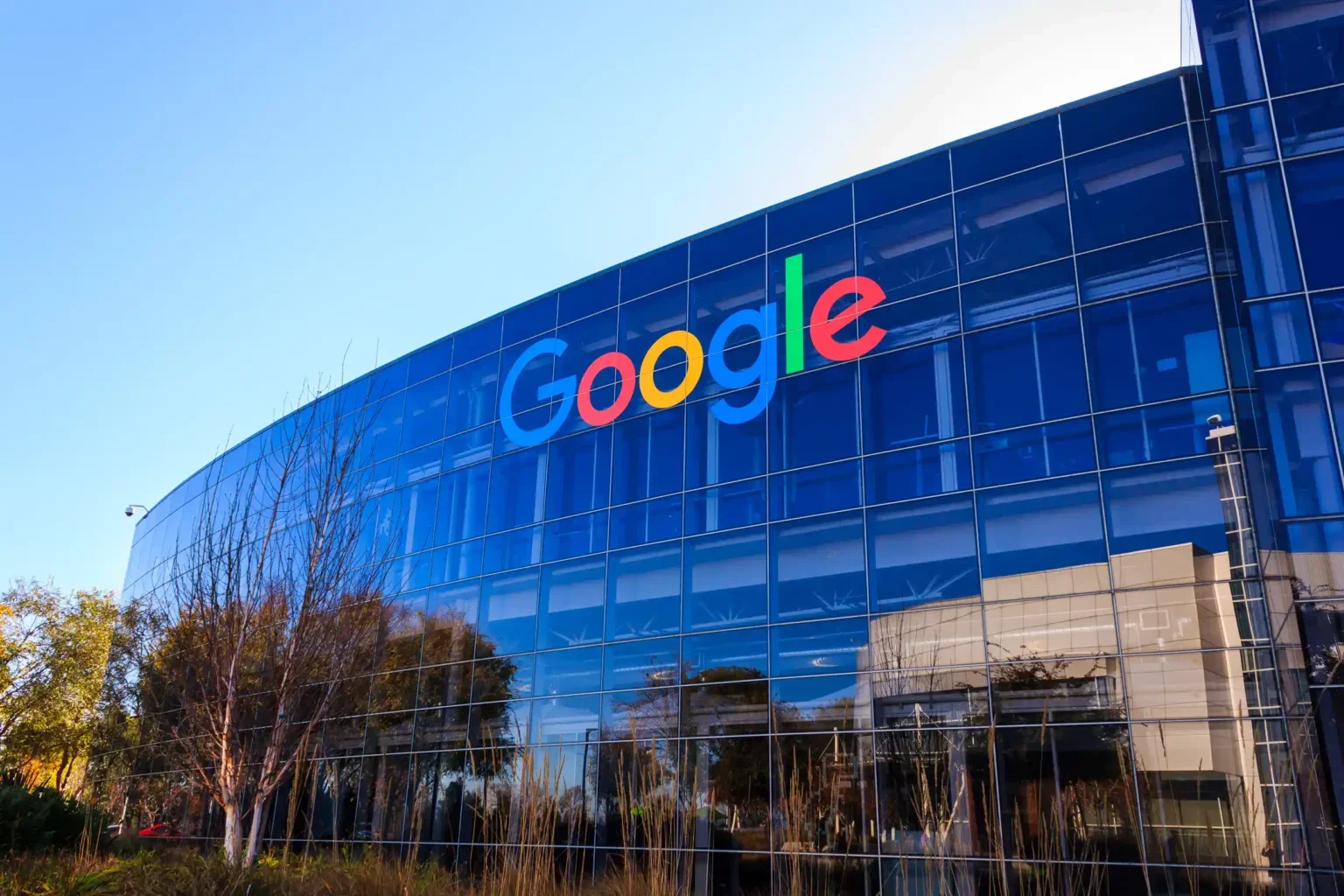Google has recently updated its privacy policy, explicitly stating that it has the right to utilize publicly available data to train its AI models. The company revised the wording of its policy, replacing “AI models” with “language models,” and clarified that it can leverage public information not only to develop features but also to create complete products like “Google Translate, Bard, and Cloud AI capabilities.” This policy update aims to inform users that any publicly posted content could potentially be used to train Bard, as well as future iterations and any other generative AI products Google may develop.
The modifications to Google’s privacy policy have been highlighted on the company’s archive. Here is the relevant portion of the updated policy:

Critics have raised concerns about companies utilizing online information to train their large language models for generative AI purposes. Recently, a proposed class action lawsuit was filed against OpenAI, accusing the organization of scraping “massive amounts of personal data from the internet,” including “stolen private information,” to train its GPT models without obtaining prior consent. As noted by Search Engine Journal, it is likely that we will witness similar lawsuits in the future as more companies venture into developing their own generative AI products.
In response to the generative AI boom, owners of websites that can be considered digital public squares have taken measures to either prevent or profit from this trend. For instance, Reddit has started charging for access to its API, resulting in the closure of third-party clients over the weekend. Similarly, Twitter has imposed restrictions on the number of tweets a user can view per day in order to address issues related to extensive data scraping and system manipulation.
